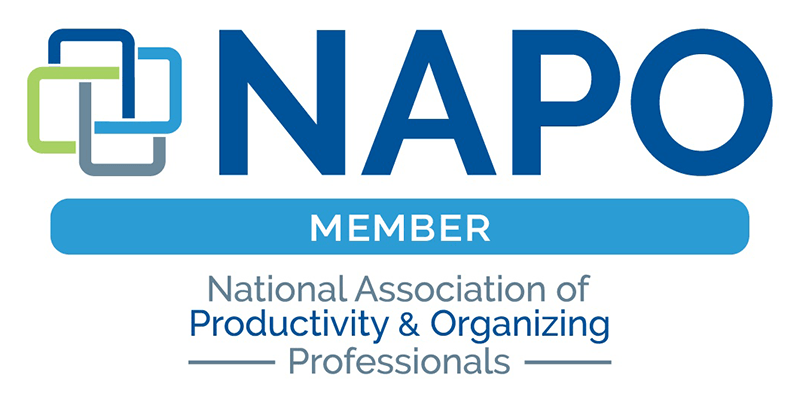Organizing Blog
Organize Your Medical Information
backHave you ever rushed out the door for a doctor appointment and forgotten where you put your medications list? Do you know where all your kids' immunization records are located? Do you have every allergy memorized for all of your family members?
Organizing medical records is important for your family's health as well as for your financial well-being! By having all pertinent information available for each member of your family, such as immunization records and allergy information, you can ensure accurate medical care and clear communication with doctors. By organizing all billing information for your family's medical care, you will ensure all benefits are paid out accurately and tax write-off data is accurate.
One method of organizing medical records is to create a medical records binder for your family, including the following information behind each labeled divider:
- Contacts: Doctor's contact information, including name, specialty, phone number and address.
- Visits: Office visit information (date, doctor name, and notes) as well as any test results and immunization records. Include a log with any phone conversations with doctors' offices regarding conditions and treatments.
- Medication: A list of both prescription and over-the-counter medications including the drug name, dosage, date began, the condition it is treating, and any side effects experienced.
- Billing and Insurance: Copies of all bills and receipts from doctors' offices as well as any insurance payment documentation (explanation of benefits forms), organized chronologically. As bills are paid out by insurance or balances by you, indicate this on the paperwork. Include a log of any phone conversations with insurance representatives, including the date, name of the person to whom you spoke, and notes.
- Family History: Information about any family members' medical conditions.
- Articles: Information you've read about conditions or medications that you would like to discuss with your doctor.
Bring this binder to each appointment, and ensure each member of the family is aware of where it is located in case of emergency.
Note: Family members with an extensive medical history may need their own binder. Otherwise, try to get everyone's most important medical information in one spot!
Organization IN-Sight
Organizing Tool: "Our Medical Records: A Family Health Care Organizer" [Ring-bound] by Beverly Morris and Natalie McAninch.
For more info visit:
http://www.amazon.com/Our-Medical-Records-Organizer-Children/dp/097920562X
Fun Fact
According to IRS.gov, if you itemize your deductions on Form 1040, Schedule
A, you may be able to deduct expenses you paid that year for medical care (including
dental) for yourself, your spouse, and your dependents.
Getting accurate information about these expenses is much easier with organized records!




